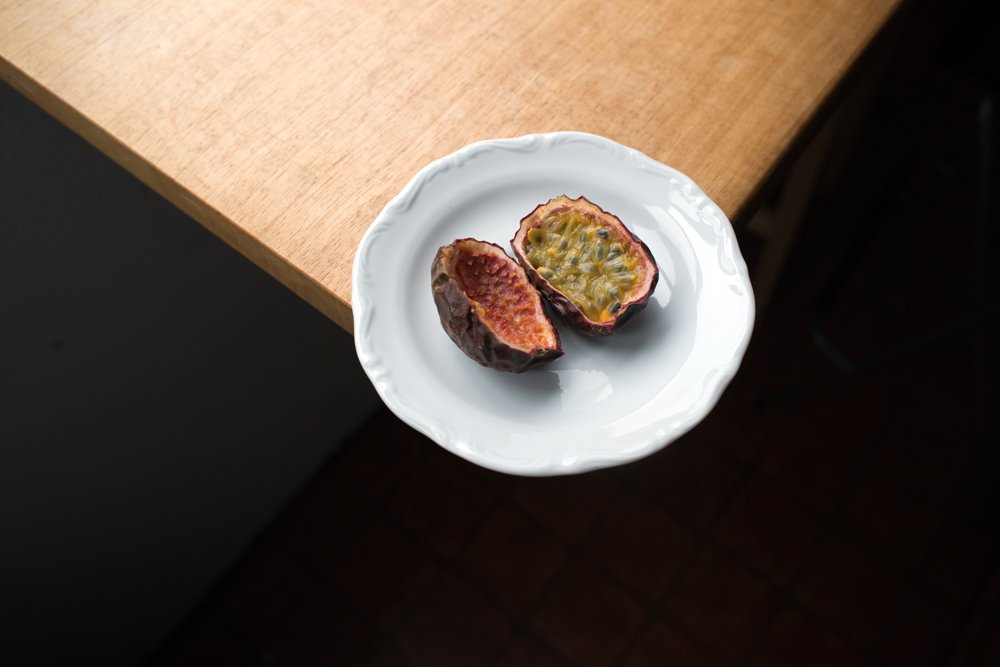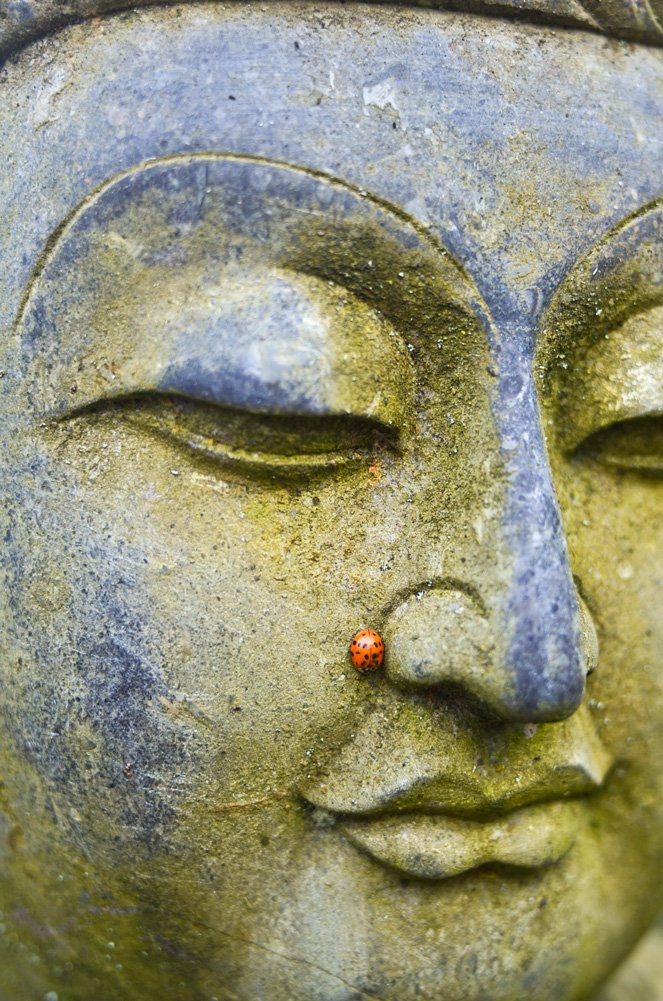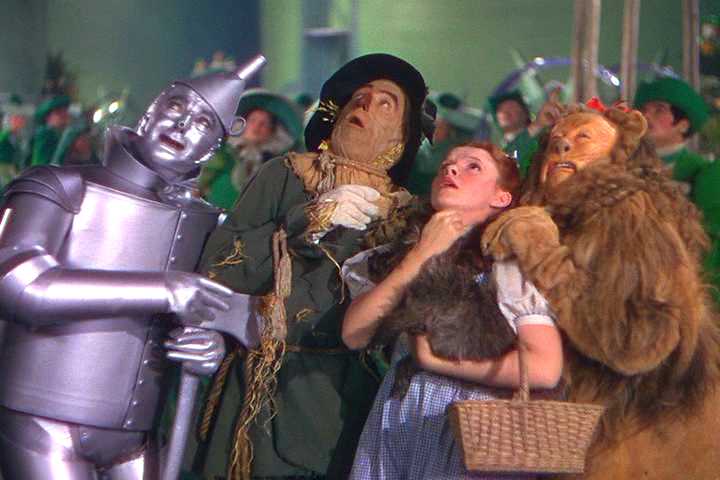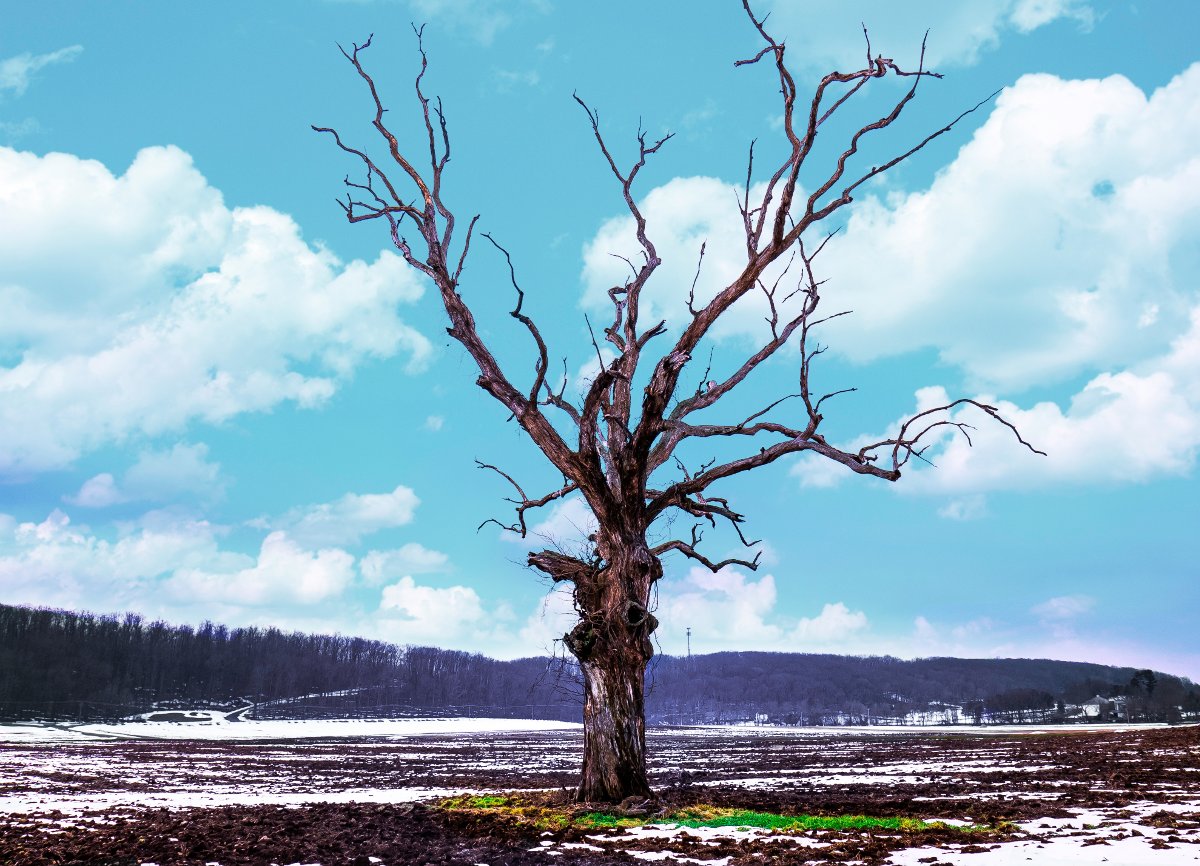“Your sacred space is where you can find yourself again and again.”
—Joseph Campbell

In her role as a Pretend Princess dressed in her frilly yellow gown complete with a crown on her head, my 5 year old granddaughter imperiously issued a solemn proclamation to her constituency: “Be kind, be truthful, and stay alive.”
Out of the mouths of babes come profound truths. Annie may have captured fully what we need to hold sacred in our lives and how we need to focus on what’s really significant given all the distracting noise.
To hold something as sacred means to consider it worthy of spiritual respect in a way that inspires awe. Émile Durkheim[1], a French sociologist, distinguished between the sacred and the profane. He considered profane those routine aspects of our days that are all quite ordinary. He defined the sacred as the people and things we set apart as extraordinary and worthy of reverence.

Mary Alice, a dear friend of mine, holds her family sacred. She is one of the most naturally responsive and spiritually attuned persons I know. Mary Alice combines empathy and transparency to form intimate relationships with the ones she loves. Even though Mary Alice came from an extremely affluent family, she had to work through several traumatic life challenges. She has learned what is significant and not significant in her life. In response to a post I wrote recently, she responded:
“Each of us needs to withdraw from the cares which will not withdraw from us. We need hours of aimless wandering and spates of time sitting on park benches observing the mysterious world of ants and the canopy of trees.”
To me, being able to focus on the mystery constantly revealing itself instead of on the materialism constantly restricting our vision is the key to being able to distinguish what’s significant and sacred. Taking time to observe, reflect, and let in the wonders of Nature frees us from the mindless and distracting traps we form for ourselves.
I recently read two books exploring the sacred and significant that triggered the idea for this post: Sacred America and the Sacred World, and Healing the Heart of Democracy.
In Sacred America and the Sacred World, Stephen Dinan, founder of The Shift Network[2], presents a path for healing the rifts that have torn us apart. He defines sacred as recognizing the dignity, divinity, and wholeness in everyone and everything. Dinan encourages all of us to make the next evolutionary step in transformation. He makes a passionate plea for increasing compassion, a sense of service, and dedication while offering advice to the spiritually and politically minded. In this book, Dinan attempts to unify people behind a desire for peace and progress. His solutions revolve around increasing our consciousness and creativity by reaching out to people who have different points of view.
In Healing the Heart of Democracy, Parker Palmer, founder of The Center for Courage and Renewal[3], bravely takes on the political climate with its atrophy of citizen participation (93 million eligible voters did not vote in the last election), the ascendance of authoritarian rule, and the substitution of hostility for thoughtful conversation. He wrestles with the essential questions of public life and provides therapy for all of us who are dealing with unsettling political turmoil. He also suggests that we can find creative solutions by living with tensions and differences.
What struck me as I read these two books, is that they were both published before Trump became President. Both books emphasized the need to cross party lines and to engage with people who have different points of view. Both stressed the need for creative solutions to our pressing needs. I’m wondering how each author might have modified his message based on the results of the election and the truly frightening news that comes out of the White House virtually every day. I’m wondering how they would suggest we respond to the ruthless and relentless republican attacks on the basic tenets of democracy and the fundamental requirements for world order.
In my work with leaders, I have always implored them to create intelligent organizations by focusing on 5 key values: Innovation, Interdependence, Integration, Integrity, and Quality. These values can be represented by I4Q, a measure of organizational intelligence. It is not only a shorthand way of saying intelligence for quality (I4Q), but it is also an acronym for the core values in an intelligent organization. Let’s look at each value:
Interdependence: Actively seeking ways to help each other succeed—deepening connections and widening community.
Innovation: Continually generating new responses to changing conditions—holding tension and differences to create something new and better.
Integrity: Doing what you say and saying what you do—being honest and truthful.
Integration: Taking a comprehensive and systematic approach to issues—combining multiple components and processes in the service of defined functions.
Quality: Meeting commitments in accordance with requirements on time—committing to excellence in people, products, processes, policies, and procedures.
I’m hoping we will see more intelligence in all our organizations, not the least of which in our government, by holding sacred the values of integrity, innovation, interdependence, integration, and quality in facing the most significant challenges of our short history as a nation and human race.

In her innocence, my grand-daughter implored us to hold sacred the values of kindness and truthfulness; and she implied that we should put more significance on policies that will help us stay alive—as people, as a democracy, and as a world.
In her experience and wisdom, Mary Alice models the significance of empathy and transparency; and she inspires us to love ourselves, love each other, and love Nature. The Tao Te Ching would certainly endorse her worldview. For Taoists, these three love imperatives are the most significant.
May we learn from Annie’s innocence and Mary Alice’s wisdom as we move forward together in these treacherous waters. The questions for all of us are:
- “What do we hold sacred and what is most significant (profoundly important) in our life?”
- How can we spend our time and resources in ways that are better aligned with what’s most sacred and significant?
Think about it. What if we allocated a larger share of our time and budget for acts of kindness, for the search for truth, and for helping struggling people stay alive?
As Joseph Campbell suggested, we need to return to our sacred places and find ourselves again—individually and collectively.
Care to comment?
Know anyone else who might? Please help me to broaden and widen this conversation by inviting others to join in! If you like this post or any of the other posts on this blog, share them on your Facebook page!
Further Reading
[1] Read more about Emile Durkheim and his ideas on the sacred and the profane here: “Sacred and Profane,” Social Theory Rewired
[2] Read more about Stephen Dinan and The Shift Network
[3] Read more about Parker Palmer and The Center for Courage and Renewal
Also published on Medium.




Rick,
Wonderdul post and reminder to keep the sacred central in our lives. I may just have to borrow Annie’s wisdom and have a few t-shirts made.
“Be kind. Be truthful. Stay alive.”
Well done.
Dottie
Thanks Dottie. Yes, if we want to keep the sacred and significant central in our lives, we need to stay focused on our children. I love the idea of a T-Shirt. I already informed Annie that she may have started a revolution. Again, I appreciate you and all your support.